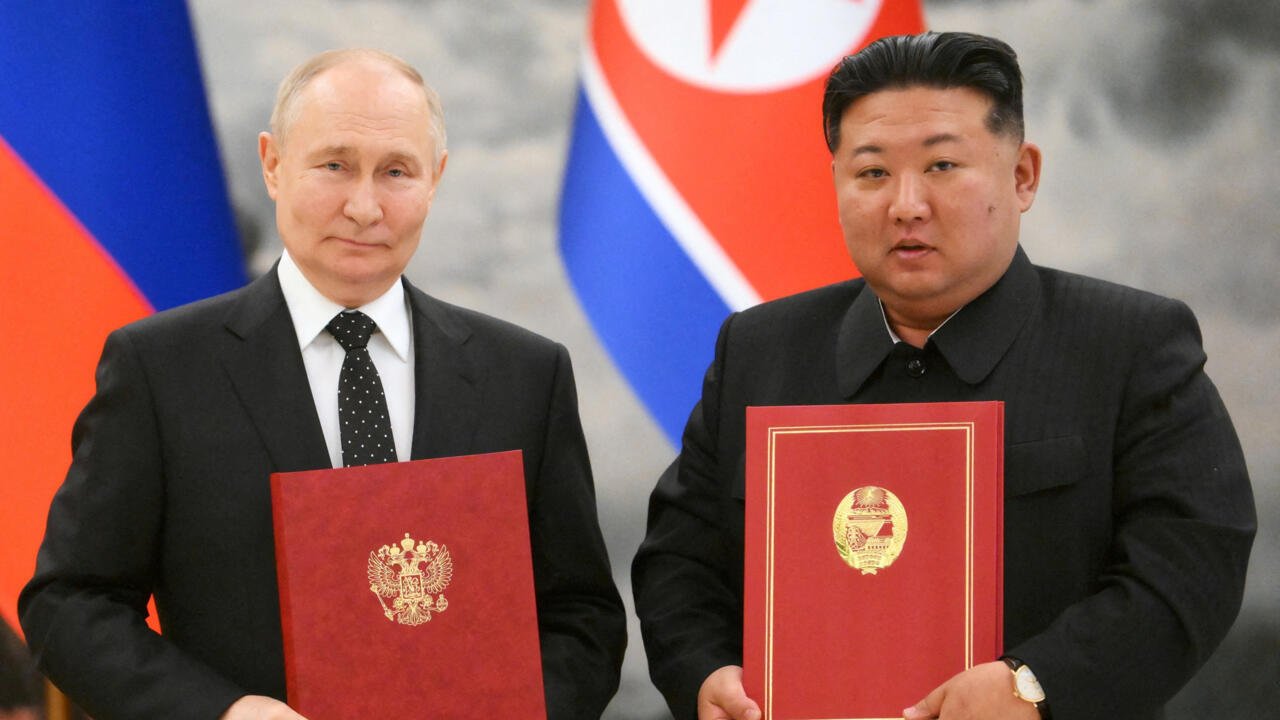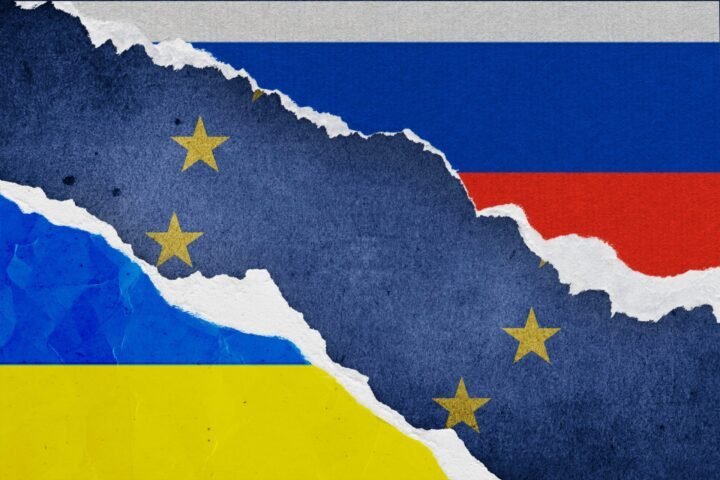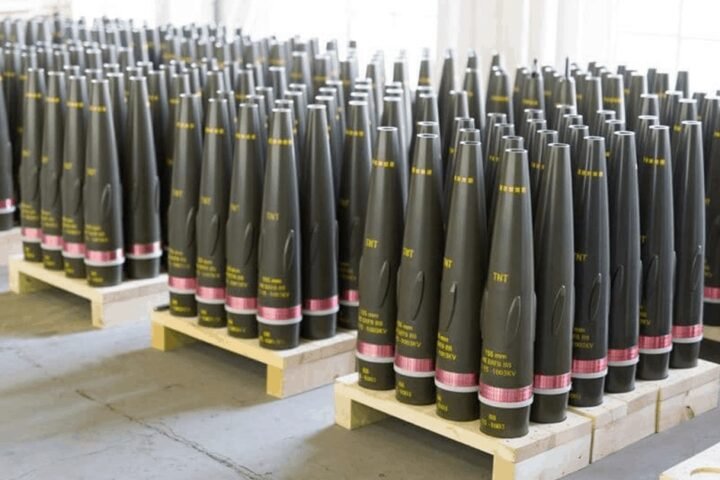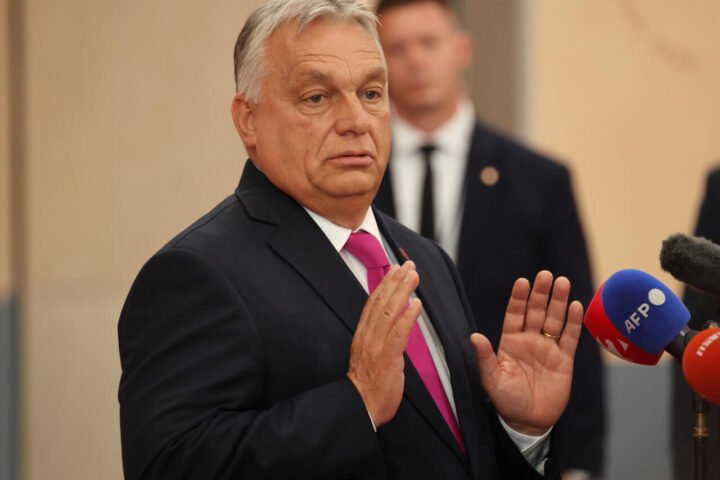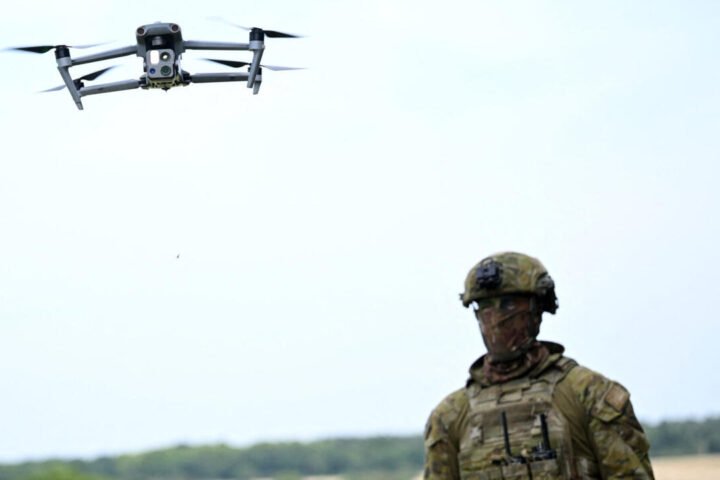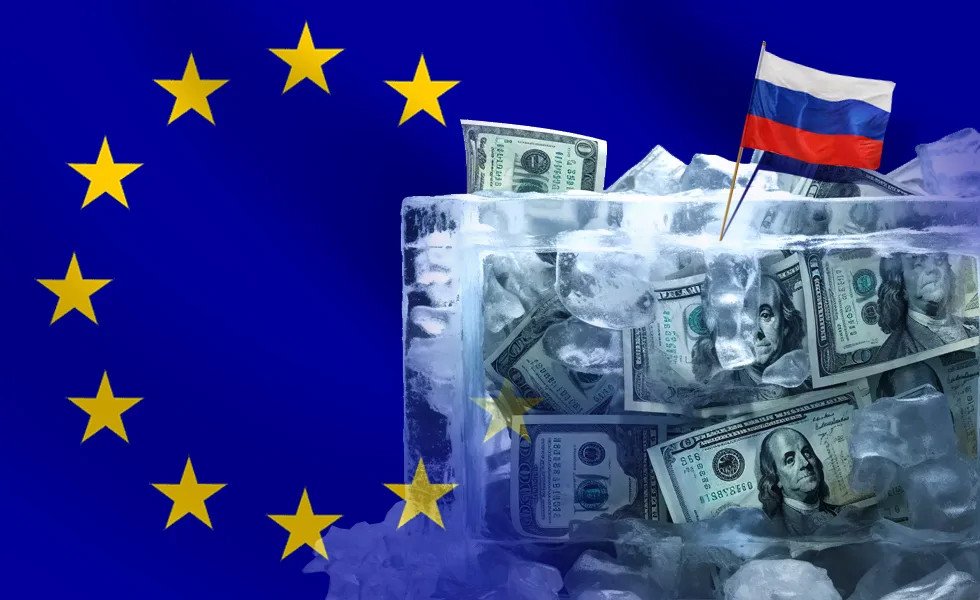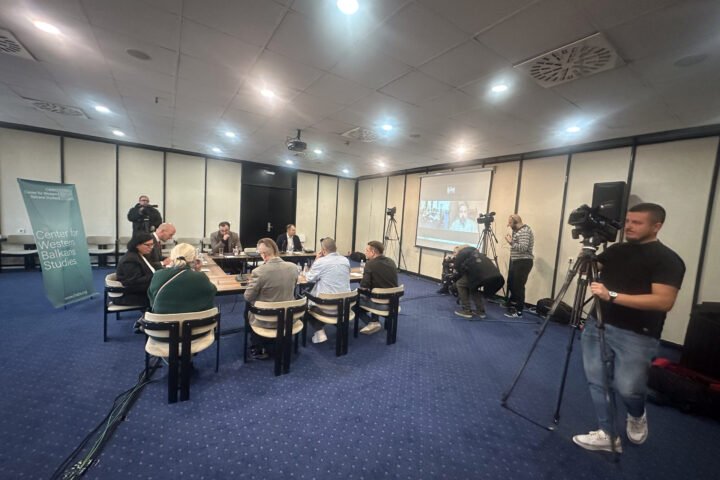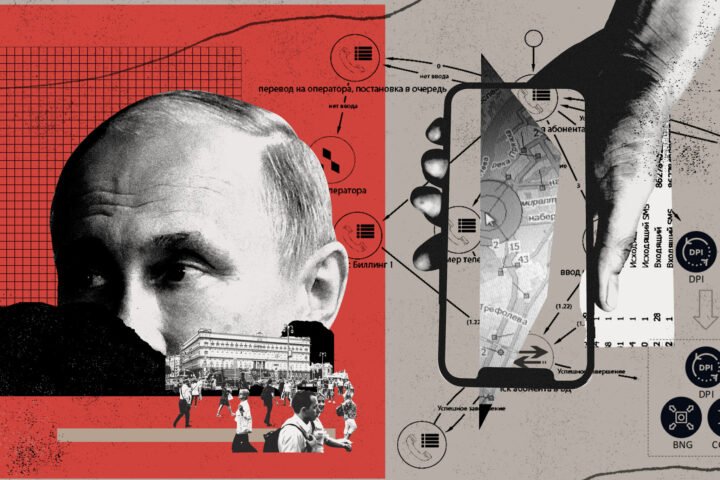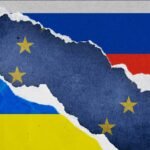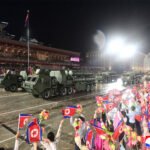North Korea is preparing to deploy an additional 6,000 soldiers to Russia to support Moscow’s war against Ukraine, according to a closed briefing delivered by South Korea’s National Intelligence Service (NIS) to the parliamentary intelligence committee on September 2, 2025. The agency reported that Pyongyang has already lost around 2,000 troops in combat, although it has publicly acknowledged only 350 deaths. More than 1,000 North Korean engineers, sappers, and construction workers have already arrived in Russian rear areas to assist with logistics and fortification work, Yonhap News reported.
Heavy North Korean losses and concealed deployments
In June 2025, British intelligence estimated that North Korean forces had suffered over 6,000 casualties in operations against Ukrainian troops in Russia’s Kursk region, nearly half of the 13,000 troops initially deployed. By July, the Institute for the Study of War (ISW) said Moscow and Pyongyang were increasingly using covert channels to reinforce cooperation, including schemes where North Korean citizens entered Russia as legal migrant workers before being recruited into the Russian military. While both governments deny weapons transfers, North Korea confirmed in April 2025 that its troops were engaged in combat in Kursk.
Expanding military and logistical cooperation
North Korea’s contribution to Russia’s war effort extends far beyond manpower. According to Western analysts, more than one-third of the artillery shells fired by Russian forces in Ukraine originate from North Korea. Pyongyang has reportedly supplied Moscow with cruise and ballistic missiles, artillery systems, and multiple-launch rocket systems. It has also shipped over 20,000 containers of ammunition, estimated to contain more than 5 million artillery rounds. In return, Russia is believed to provide military technology to support North Korea’s missile programs and satellite launches. Radio Free Europe/Radio Liberty has highlighted how this partnership strengthens Pyongyang’s military capabilities while sustaining Moscow’s campaign.
Geopolitical consequences of the alliance
The deepening Russia–North Korea partnership has broader implications for global security. Their cooperation, reinforced by a comprehensive strategic partnership treaty ratified in November 2024, underscores the emergence of what some analysts call a new “Axis of Four,” grouping authoritarian Russia, totalitarian North Korea, Islamist Iran, and communist China. This alignment directly challenges countries committed to democracy, rule of law, and human rights, raising alarms across international institutions about the erosion of global stability.
